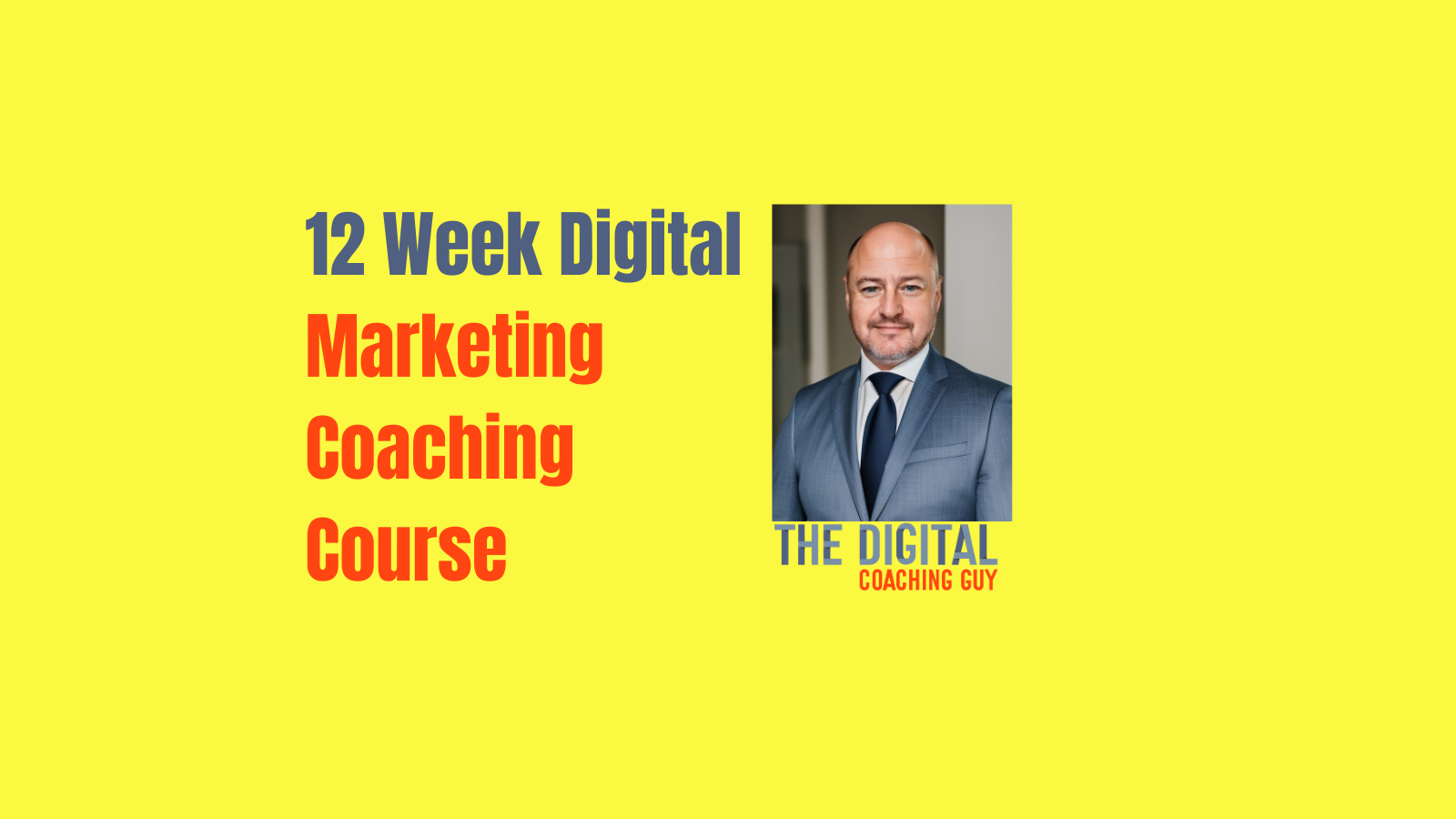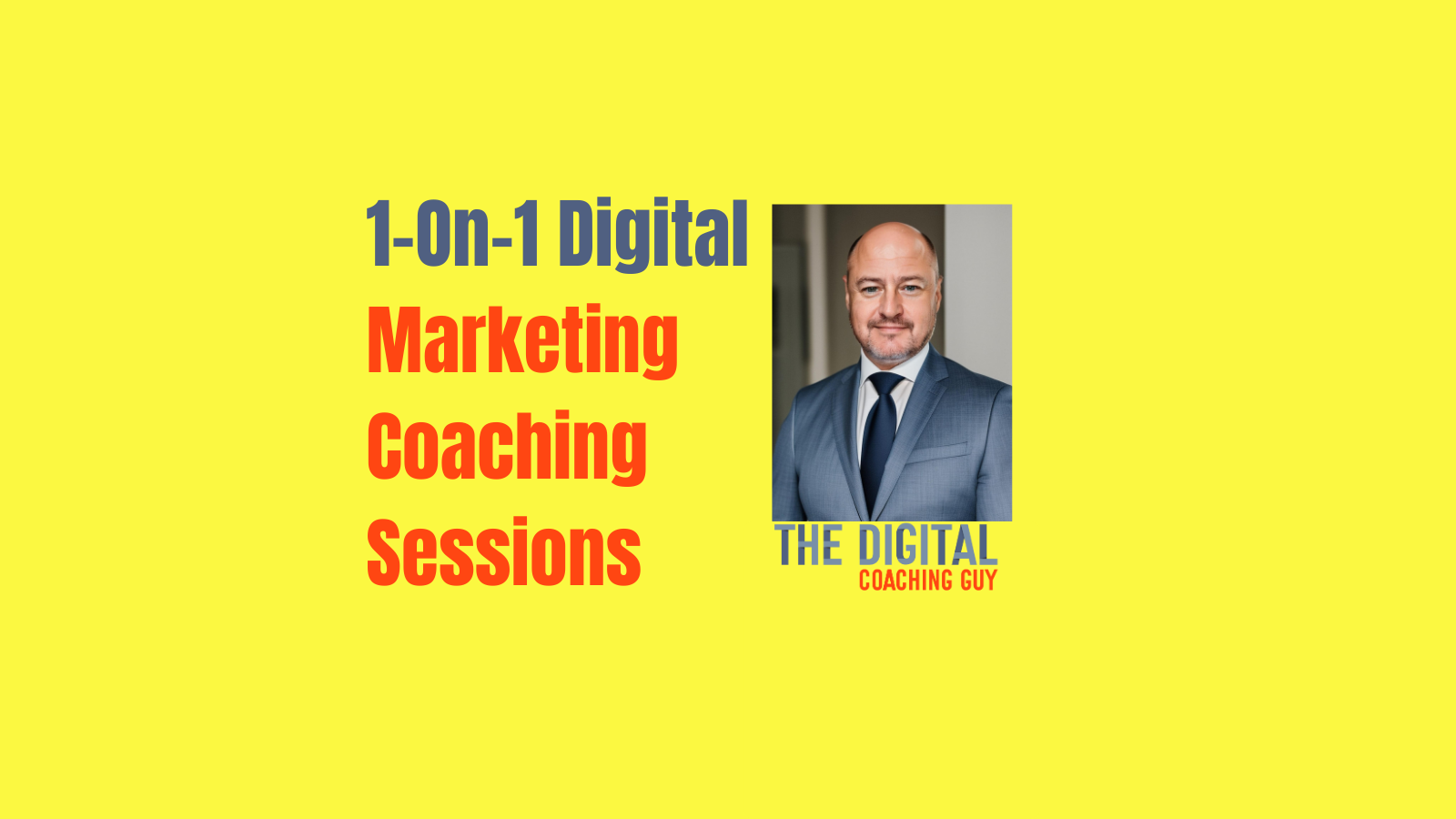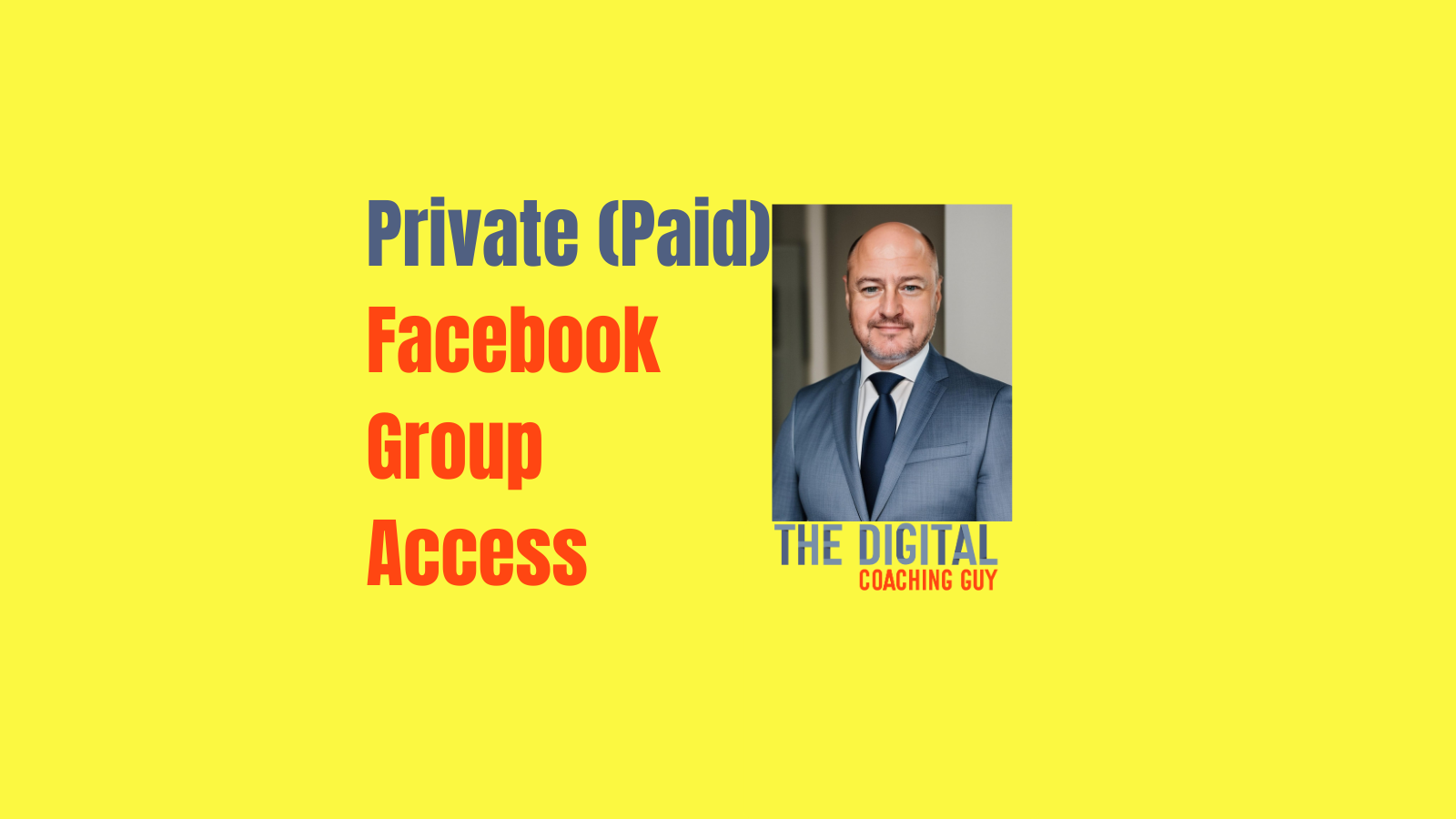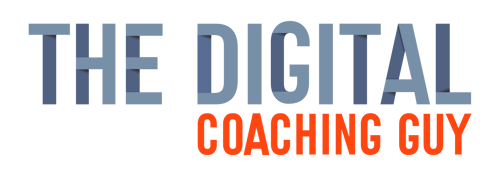What is Digital Marketing?.
What is Digital Marketing?.
What is Digital Marketing? – Digital marketing refers to the use of websites, mobile devices, social media, search engines, and other digital channels to promote and sell products and services. It encompasses a wide array of marketing tactics and technologies used to reach consumers online. Unlike traditional marketing, which might include print ads, billboards, or TV and radio advertising, digital marketing can occur electronically and online, providing businesses with more opportunities for reaching their target audience through various digital platforms.
This form of marketing involves the same principles as traditional marketing. Still, it is adapted for the digital environment, aiming to connect companies with potential customers using the internet and other digital communications. It’s a broad field, including email marketing, content marketing, search engine optimisation, and more, all designed to help brands understand and influence consumer behaviour online. Digital marketing has become increasingly significant with the widespread adoption of the internet since the 1990s, evolving rapidly with new technologies and trends to meet the changing needs of both businesses and consumers.
Digital Marketing Services.
Digital marketing services encompass a comprehensive suite of strategies aimed at enhancing online visibility, engaging with target audiences, and driving business growth through digital channels. These services include search engine optimisation (SEO) to improve website rankings in search results, pay-per-click (PPC) advertising for targeted ad placements, content marketing to attract and retain audiences with valuable information, and social media marketing to build brand awareness and foster community engagement. Email marketing services personalise communication with potential and existing customers, while affiliate and video marketing extend the reach of brand messaging through influential partnerships and compelling visual content. Additionally, mobile marketing through text messaging offers direct and immediate interaction with customers. Digital marketing agencies utilise these services to deliver measurable results, leveraging data analytics and key performance indicators (KPIs) to optimise campaigns and ensure that businesses stay ahead in the competitive digital landscape. This holistic approach enables companies to effectively connect with their audience, convert leads into customers, and achieve sustainable growth in the digital age.
Website Marketing
In the digital era, a company’s website serves as the cornerstone of its marketing efforts, embodying the essence of the brand’s identity, offerings, and values. A well-designed website acts as a digital storefront, not just presenting products and services, but also crafting a memorable and engaging experience for visitors. To achieve this, modern websites must prioritise speed, ensuring they load quickly to meet the fast-paced demands of today’s internet users. Additionally, with the rise of mobile internet usage, responsiveness and mobile-friendliness have become non-negotiable, ensuring an optimal browsing experience across all devices. Navigation plays a critical role as well, with intuitive design guiding visitors effortlessly through the site, enhancing user engagement and satisfaction.
Pay-Per-Click Advertising
Pay-per-click (PPC) advertising stands as a dynamic tool in digital marketing, offering the ability to precisely target potential customers on a multitude of digital platforms, from search engines to social media. By setting up PPC campaigns on platforms like Google, Bing, and Facebook, marketers can showcase their ads to users based on specific search terms, demographic details, interests, and geographical locations. This level of targeting allows for the efficient allocation of advertising budgets, ensuring that ads are seen by those most likely to be interested in the products or services offered. The flexibility and real-time feedback provided by PPC campaigns make them a favoured choice for businesses aiming to enhance their digital presence and drive targeted traffic to their websites.
Content Marketing
Content marketing emerges as a strategic approach focused on creating and distributing valuable, relevant, and consistent content to attract and retain a clearly defined audience. Unlike traditional advertising, content marketing seeks to engage potential customers through compelling storytelling and information sharing, whether through blog posts, videos, infographics, or social media content. This method aims to establish expertise, promote brand awareness, and keep the brand at the forefront of consumers’ minds, encouraging engagement and loyalty without overtly selling. By leveraging SEO techniques and promoting content across digital platforms, businesses can draw in audiences seeking solutions that their content addresses, nurturing leads and building trust over time.
Email Marketing
Despite the prevalence of new digital channels, email marketing remains a potent tool for direct communication with potential and existing customers. Far from being obsolete, it offers a personalised touchpoint, allowing businesses to deliver tailored messages, promotions, and updates directly to subscribers’ inboxes. The key to effective email marketing lies in building a genuine connection with recipients, offering them value beyond mere sales pitches, which can help circumvent the common perception of such emails as spam. By integrating email campaigns with broader digital marketing strategies, businesses can convert leads into customers and foster lasting relationships.
Social Media Marketing
Social media marketing harnesses the power of platforms like Facebook, Instagram, and Twitter to build brand awareness, engage with audiences, and even drive sales. This strategy goes beyond mere promotion, inviting interaction through curated content, discussions, and community building. By aligning with users’ interests and offering genuine value, brands can cultivate trust and loyalty among their followers. Social media’s diverse tools, including promoted posts and influencer collaborations, provide versatile avenues for reaching potential customers, making it an essential element of modern digital marketing strategies.
Affiliate Marketing
Affiliate marketing revitalises traditional referral programs in the digital age, creating a symbiotic relationship between brands and affiliate partners. This performance-based approach rewards affiliates, whether individuals or entities, for directing new customers or leads to a business, leveraging their platforms and influence. With digital technology, tracking and compensating for such referrals have become seamless, making affiliate marketing an attractive and low-risk strategy for expanding a brand’s reach and sales through trusted voices in various niches.
Video Marketing
The increasing preference for video content has made video marketing a critical component of digital strategies. Platforms like YouTube, Instagram, and TikTok offer businesses creative avenues to engage audiences with dynamic content that can inform, entertain, and persuade. Video marketing not only enhances brand visibility but also supports SEO efforts and integrates well with social media and content marketing strategies. By creating compelling video content, brands can capture attention in an increasingly crowded digital landscape, fostering engagement and driving conversion.
Text Messaging
Text messaging, or SMS marketing, offers a direct and immediate channel to reach customers, delivering tailored messages right to their pockets. This method is particularly effective for time-sensitive promotions, reminders, and updates, benefiting from high open and engagement rates. With the integration of payment and donation capabilities, SMS marketing also facilitates easy transaction processes for consumers, enhancing convenience and encouraging action.
Key Performance Indicators (KPIs) in Digital Marketing
To gauge the success of their digital marketing efforts, marketers rely on key performance indicators (KPIs). These metrics, such as click-through rates, conversion rates, social media engagement, and website traffic, provide valuable insights into campaign performance and audience behaviour. By analysing KPIs, businesses can make informed decisions, optimise their strategies, and achieve a competitive edge in the digital marketplace. The ability to measure and adapt based on real-time data underscores the dynamic nature of digital marketing, allowing for continuous improvement and innovation.

- 12 Week Coaching Course
-
447.00
€
12 x 1 Hour Sessions
- Are you ready to take your digital marketing skills from zero to hero? Whether you’re a budding entrepreneur, a business owner looking to expand online, or a marketer aiming to upgrade your skills, our 12-week Digital Marketing Course is the game-changer you’ve been searching for.

- 1-On-1 Coaching Session
-
57.00
€
Per Hour
- Personalised coaching makes all the difference. Imagine having a digital marketing expert, with over 20 years of success, personally guide you through every step of your marketing journey. With our 1-on-1 Digital Marketing Coaching Sessions, that’s exactly what you get.

- Closed Facebook Community
-
29.00
€
Per Month
- Join Our Exclusive Closed Facebook Group Led by Wes, The Digital Coaching Guy, our Closed Facebook Group is not just a community, it’s your comprehensive support system, designed to motivate you, and propel your business to the top of the rankings and maintain your learning and success.
